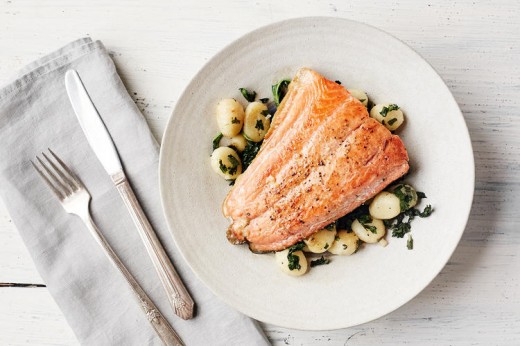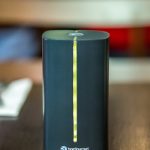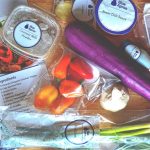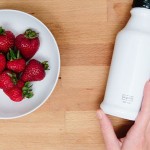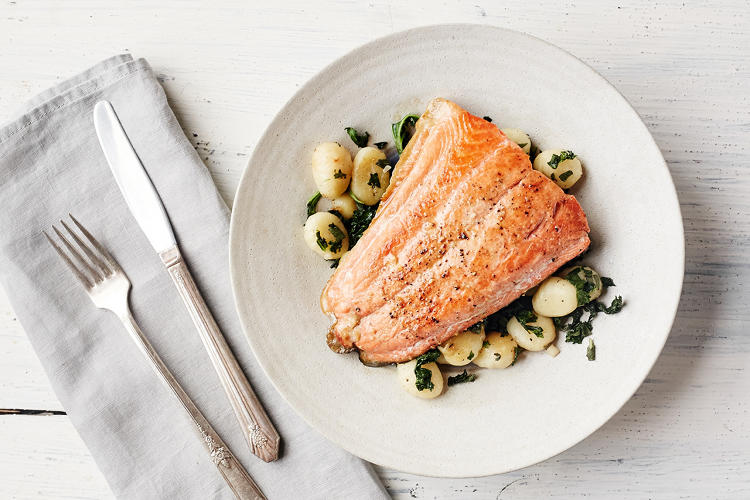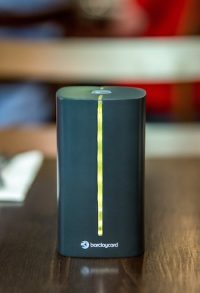Food Startups Bring Quinoa and Quail To The Boonies
As demand for premium food increases, startups like Plated, Blue Apron, and HelloFresh go where Whole Foods won’t.
At Plated’s fulfillment center in the Bronx, workers in shin-length white coats and pastel hairnets stuff boxes with the ingredients that will, after they’re shipped to homes across the country, become dishes like “Pan-Fried Sole with Lemon Caper Sauce” and “Quinoa and Goat Cheese-Stuffed Swiss Chard Rolls.”
Getting the ingredients for any combination of seven regular meals, two premium meals, and two desserts into one box is a delicate piece of logistical choreography, one that involves planning menus six weeks in advance, ordering herbs by the kilo, counting out leaves of Swiss chard, and measuring spices by hand into tiny plastic bags.
Sometimes an ingredient you’ve been counting will arrive wilted and unusable.
Sometimes, when the sole comes, it will be too long to fit into your standard size box.

Startups like DoorDash, Caviar, Instacart, Maple, and SpoonRocket all compete to deliver food in cities like San Francisco and New York, places that already enjoy some of the highest restaurant densities in the country. But meal-kit companies like Plated, Blue Apron, and HelloFresh, because they ship their food through existing companies like FedEx, are competing for customers that could be pretty much anywhere in the U.S.
On top of the sourcing headache, premium ingredients seem like an odd focus when you’re competing for Middle America. And yet, it’s not just Plated that advertises them. Blue Apron says it has “the best seasonal ingredients directly from farms, importers and family-run purveyors.” HelloFresh says it has “built close relationships with our small farmers, butchers, fish mongers and fellow culinary enthusiasts to ensure that only the best ingredients make it to your dinner table.”
The next front for the food delivery wars is not cities. It’s where you can’t buy organic in the local corner store—or even the local grocery store. But as America’s tastes evolve, so do meal startups.

Across the country, premium food categories are becoming more mainstream. According to the USDA, some organic food is now available in 3 out of 4 conventional grocery stores. Organic sales in the U.S. totaled $35.1 billion last year, up 11.5% from the previous year, and 81% of families surveyed by the Organic Trade Association reported buying organic at least once. Chick-fil-A is promising antibiotic-free meat. Wal Mart is advertising sustainable seafood. Whole Foods, once the flagship of yuppies and tree-huggers, has even begun to expand outside of its trendy neighborhood niche. The retailer, now with more than 400 stores nationwide, recently announced plans to open a full-line store in Engelwood, one of Chicago’s most economically depressed neighborhoods.
There’s demand for organic and local ingredients outside of trendy neighborhoods. But it doesn’t make sense for Whole Foods to open in areas without population density. “We saw there were millions and millions of people who have this aspiration to eat better,” Plated CEO Nick Taranto says of his decision to focus on premium products. “That aspiration of eating well is disconnected from the reality of the food consumers people are able to get.”
Plated has fulfilled orders in 200 communities that, like the place where I grew up (a rural Wisconsin county with plenty of food growing out of the ground, but no convenient place to buy quail), have been classified as “food deserts” by the USDA. Together those orders account for about 10% of Plated’s sales.
After starting with more generally targeted meal kits, recently made a promise to stick with foods that can be difficult to source: As of November, none of its meats have added hormones or antibiotics, its fish are wild-caught and domestic fish (except in cases where farm-raised fish is more environmentally conscious), and its other ingredients are, wherever possible, seasonal and local.

Unfortunately, while this solves the problem of food access restricted by geography, it doesn’t do much for those whose food access is restricted by budget. Shipping perishable food involves special packaging and fees for speedy delivery. Blue Apron, PlateJoy, Plated, and HelloFresh are still premium products, costing between $8 and $12 per serving. The insistence on quality one strategy for justifying the price tag. But Joe Ariel, the CEO of a startup called Goldbely that sells specialty local food items like New York City pizza to anyone in the country, is optimistic that won’t always be the case for shipped food. “Everything starts premium,” he says. “Then the economies of scale kick in and it becomes normal prices.”
(191)

